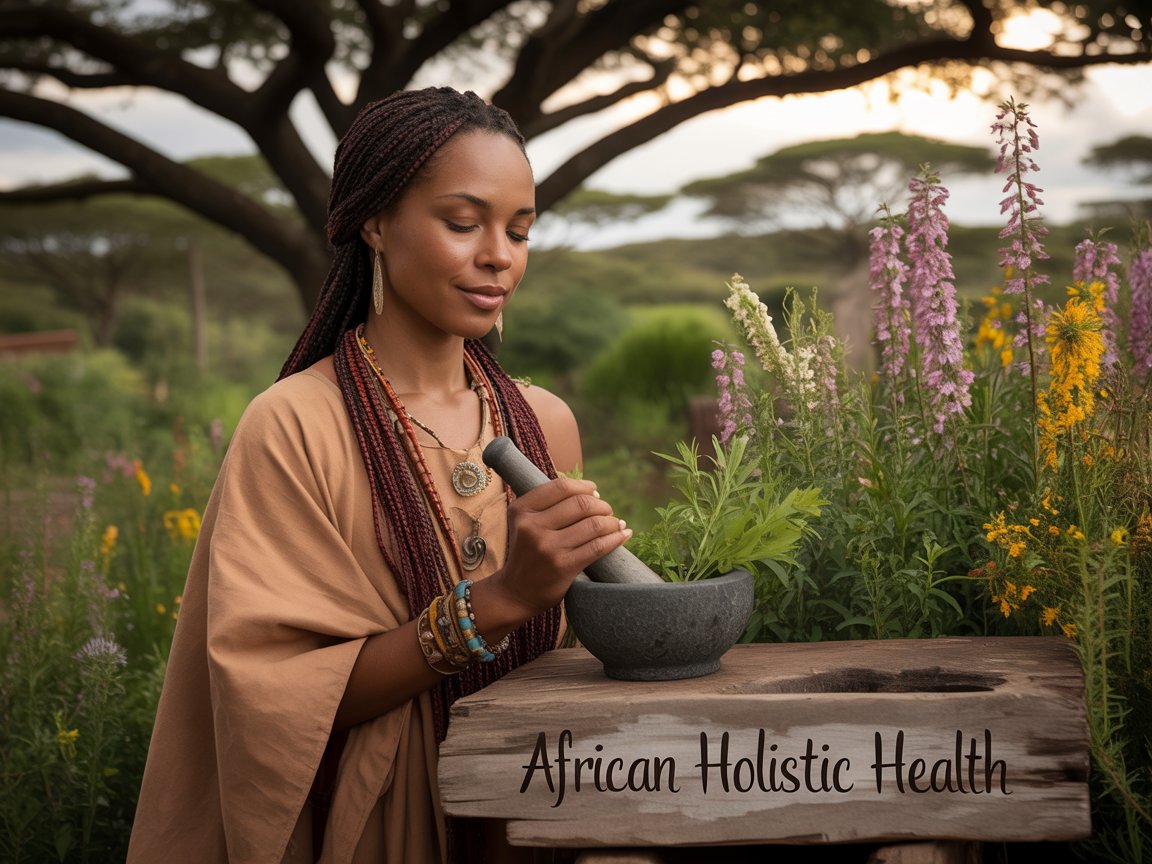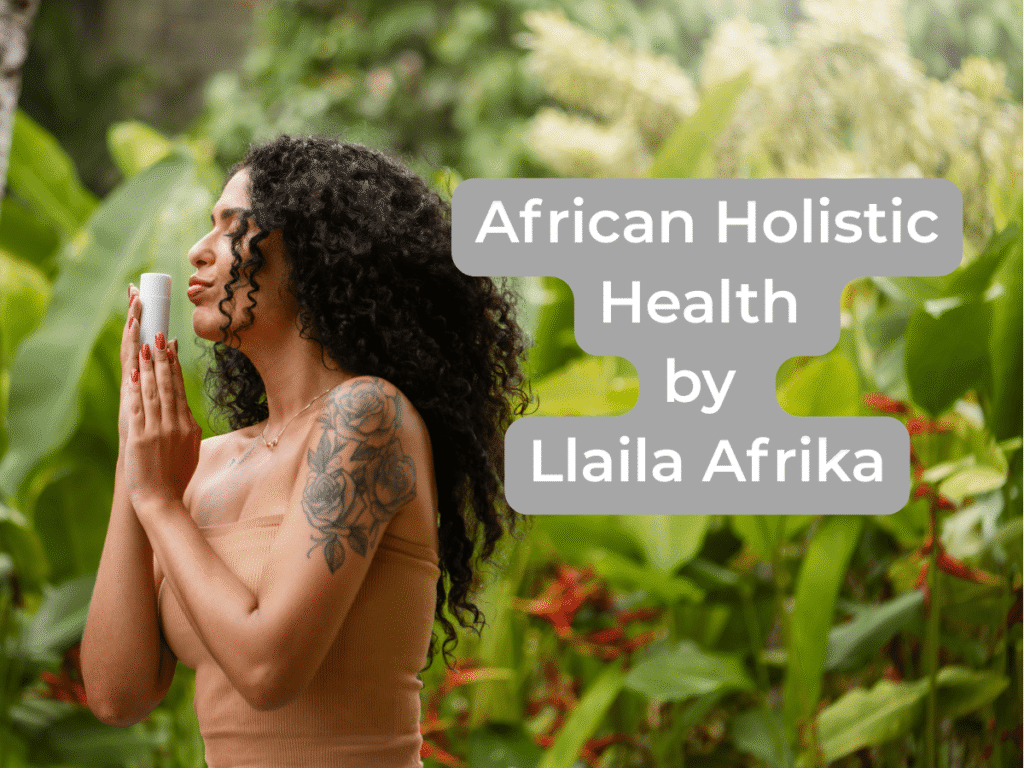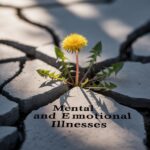African Holistic Health
In a global in which pharmaceutical answers dominate our fitness choices, a developing wide variety of human beings are turning to ancestral awareness for recuperation. One ee-e book has emerged as a cornerstone of this resurgence: African Holistic Health through Llaila Afrika. Whether you’re looking for herbal alternatives, cultural reconnection, or sincerely higher health practices, this African holistic fitness book gives a roadmap to power via an exceptionally African lens.
What Is African Holistic Health?
At its core, African holistic fitness is ready to balance—among the frame, mind, spirit, and environment. Unlike Western medicine, which frequently isolates symptoms, African holistic fitness emphasizes root reasons and whole-frame health. It integrates herbal meals, natural medicine, religious awareness, and intellectual concord to repair fitness.
This method attracts indigenous African recuperation structures that date back lots of years. It values prevention over cure, network over individualism, and nature over artificial interventions.
Who Was Llaila Afrika?

Llaila O. Afrika (1941-2020) became a naturopath, nutritionist, and holistic fitness pioneer. His lifestyle challenge became to teach human beings of African descent approximately the connections among culture, eating regimen, sickness, and recuperation. With a deep knowledge of conventional African medicine, Western science, and religious recuperation, Afrika created a bridge for African Americans and the African diaspora to reclaim their fitness autonomy.
His groundbreaking ee-e book, African Holistic Health, first posted in the 1980s, has remained applicable as it gives a complete manual to herbal recuperation, rooted in African principles.
“There isn’t any such factor as a sickness. There are simplest dietary deficiencies.” — Llaila Afrika.
Key Insights from African Holistic Health
1. Food as Medicine
Afrika believed that meals are both recuperation and harmful. He emphasized:
- Eliminating processed meals like white flour, sugar, and dairy.
- Favoring whole, plant-primarily based totally meals local to Africa: millet, okra, yams, black-eyed peas.
- Use herbs, which include burdock root, dandelion, and sarsaparilla, for detoxification.
His emphasis on an alkaline eating regimen mirrors comparable tactics in naturopathic communities, however, with cultural specificity that resonates deeply with the African diaspora.
2. Spiritual and Mental Health
African holistic fitness treats emotional trauma, poor thinking, and religious disconnection as fitness issues. Afrika noticed sickness as a manifestation of an inner imbalance. Healing rituals, ancestral reverence, and affirmations are a part of the prescription.
3. Deconstructing Western Health Myths
Llaila Afrika became important in Western medicine’s tendency to isolate organs and forget about root reasons. He argued that sicknesses disproportionately affecting African Americans (e.g., diabetes, hypertension) aren’t genetic; however, they are an end result of cultural misalignment with eating regimens and lifestyles.
“We are consuming European meals, dwelling European lifestyles, and questioning why our African bodies are in disease.”
4. Cultural Reconnection as Healing
Beyond simply fitness tips, the ee-e book is a name to reclaim African identity. It promotes network-primarily based totally care, sacred relationships, and historical awareness. It’s now no longer only a manual to fitness but a manifesto for cultural recuperation.
Real-World Impact: Stories and Testimonials
I located African Holistic Health at some stage in an annoying time while traditional remedies supplied little comfort. Shifting to a greater alkaline, whole-meals weight loss plan, as cautioned inside the book, considerably progressed my digestion and power levels. The bankruptcy on pressure and non secular cleaning modified how I method intellectual wellbeing—imparting now no longer simply bodily but emotional liberation.
Many readers echo comparable transformations:
- A mom discovered comfort for her child’s bronchial allergies through natural remedies.
- A guy reversed his pre-diabetic circumstance after getting rid of dairy and processed sugar.
- A own circle of relatives started out weekly network recuperation circles stimulated with the aid of using the African Family Holistic
Health Organization, which follows Afrika’s principles.
How to Start Your African Holistic Health Journey
- Read the Book Start with African Holistic Health with the aid of using Llaila Afrika. Keep a magazine to music your bodily, intellectual, and nonsecular progress.
- Evaluate Your Diet: Begin getting rid of processed ingredients. Incorporate high-fiber, mineral-wealthy ingredients local to Africa.
- Embrace Herbal Remedies: Research herbs like cayenne, ginger, and elderberry.
- Practice Spiritual Hygiene: Meditate, honor ancestors, and guard your power.
- Join a Community: Look into corporations just like the African Family Holistic Health Organization for guidance and education.
Why African Holistic Health Still Matters
Decades after its release, this African holistic fitness e-book stays more applicable than ever. As continual ailments, upward thrust, and fitness structures emerge as much less accessible, holistic options rooted in ancestral information provide a sustainable solution.
More than a fitness manual, Llaila Afrika’s paintings are a compass pointing in the direction of freedom—freedom from dependency on damaged structures, disconnection from culture, and disempowerment over our very own bodies.
Final Thoughts: Healing as Liberation
The essence of African holistic fitness isn’t simply bodily health but liberation. It’s approximately reclaiming agency, restoring historical wisdom, and reshaping fitness narratives for the African diaspora and beyond.
Whether you’re handling continual illness, looking for nonsecular growth, or, without a doubt, curious about herbal living, Llaila Afrika’s African Holistic Health is a practical first step.
Dive deeper into your recuperation journey. Share your mind below, discover our holistic fitness resources, or sign on for our health newsletter. Your ancestors are rooting for you. Visit our website for trusted health information and expert guidance.




